Recently, I was walking down a London street when on the pavement I spotted a worm. It was so motionless I wasn’t sure if it was alive or dead. Normally, I would have passed the worm by without a second thought.
But I’d just been to my local park to do stretches, meditation, breathing exercises and to hug my favorite tree. Yes, I have become a tree hugger. I actually put my arms around the tree trunk — or as much as I can manage. I squeeze tight, pressing my body against it to absorb its life-giving energy — and I get wood. (Sorry, I couldn’t resist that joke.) There was a time in my life when I would have said if you ever catch me hugging a tree, shoot me before I turn into Sting. Hugging trees is not what we hip, deracinated, self-loathing modern men do. We sneer at tree huggers and their kind.
But the day was sunny and so was I. I was in a Zen-ish, one-with-the-universe state of mind when I saw the worm. And when you’re at one-with-the-universe, you’re at one-with-the-worm before you too. If I walked by and did nothing, the worm would probably get stepped on and… splat. Just a few feet away was a little bit of greenery from which the worm must have crawled. (Do worms crawl? Squirm? Wiggle?) I realized that I had the power to save the worm’s life — but was there a moral imperative to do so?
There are people on Facebook who tell me to be kind to worms, gentle with bugs and blow kisses at butterflies and I’m cool with that. But I wonder: when you save a worm’s life what exactly are you saving? I’m assuming that worms have existence, but not a life — which, come to think of it, sounds a lot like me.
I told myself: don’t go all soft and sentimental, it’s just a worm! One day its descendants will be dining on your corpse. But the fact I was having this inner dialogue with myself proved that I’m something more than just wormfood in waiting or a bunch of selfish genes bent on survival. This little helpless worm had given existential meaning to my life. I owed it.
So I picked up the worm and put it back in the greenery. I confess I didn’t feel like touching it. Fat and slimy, the worm resembled a small, flaccid and uncircumcised penis wrapped in a condom. As I bent over to pick it up I wondered, what if it suddenly awakens from its worm slumber and starts writhing madly? Would I drop it? (Liberal interventionism always ends in disaster.) I took a deep breath and carefully picked the worm up — it gave a little defiant leave-me-alone wiggle — and I gently placed it back into the soil from which it came. Job done.
I was giving myself a pat on the back when I thought: wait. What if that worm wasn’t lost? But had spent long, slow and agonizing days trying to wiggle away from the confines of the soil? What if it were a brave and adventurous worm, a curious worm who wanted to explore the world like a worm you might find in a Disney film (Willie the Worm’s Big Adventure)? But I realized this is anthropomorphism gone mad.
Still, rescuing that worm gave me a great sense of satisfaction and even pride. When asked about my day I said: guess what? I rescued a worm today! When I told one friend she sarcastically replied, “Did you give it mouth-to-mouth resuscitation?” Another one said, “You didn’t do it for the worm, you did it to feel good about yourself.”
OK, saving a worm is not exactly Saving Private Ryan. It was just a small act of kindness. These days there’s a lot of talk about small acts of kindness and how we should all do them as we go about our daily lives because they make the world a better place. This is micro-utopianism. It’s what we have instead of Big Brave Causes.
But is this really a good thing? Isn’t it a kind of moral defeatism, a cowardly retreat from our grand hopes for a better world, to teeny-weeny acts of kindness? It’s a sad commentary on our times that where generations past went to fight in Europe to defeat Nazism in the name of freedom, the best we can do is help the odd lost worm to safety.
Of course I don’t believe that is the best we can do or that there are no good brave causes left, as Jimmy famously put it in John Osborne’s Look Back in Anger. There are lots of good causes. What’s lacking is the bravery and belief we can do anything about their realization.
I guess that’s why I wanted to save that worm. Every day I face the horrors of the headlines — Gaza, Ukraine, Afghanistan, victims of floods, the latest massacre in Africa or the latest mass shooting in America — and I’m left with an enervating sense of hopelessness. What the hell can you do? I don’t know anymore. But I hope I can make small changes — one worm at a time.
This article was originally published in The Spectator’s April 2024 World edition.



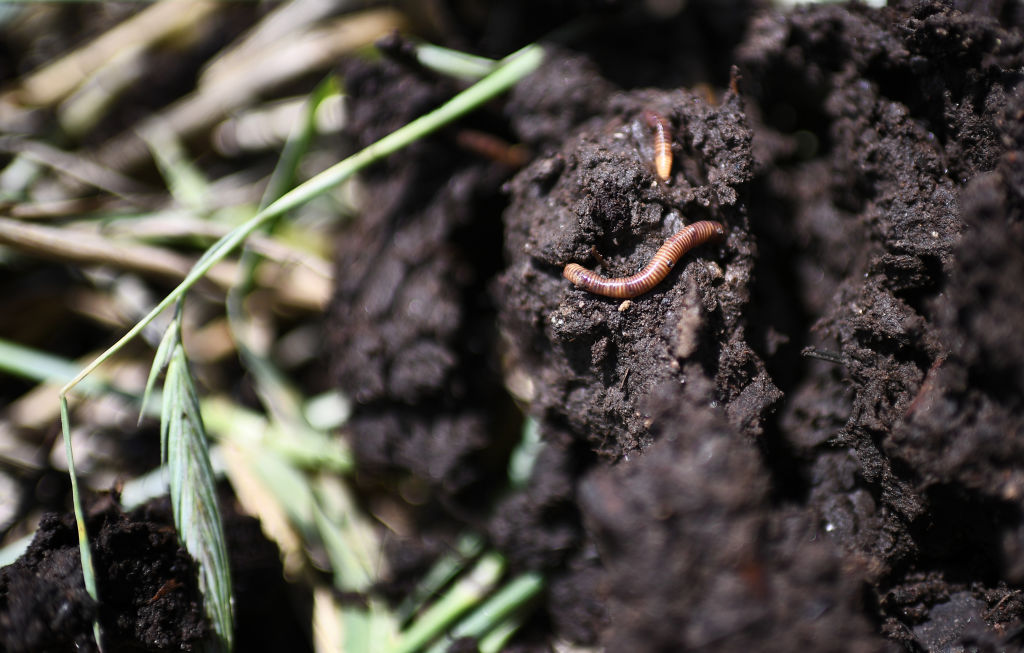










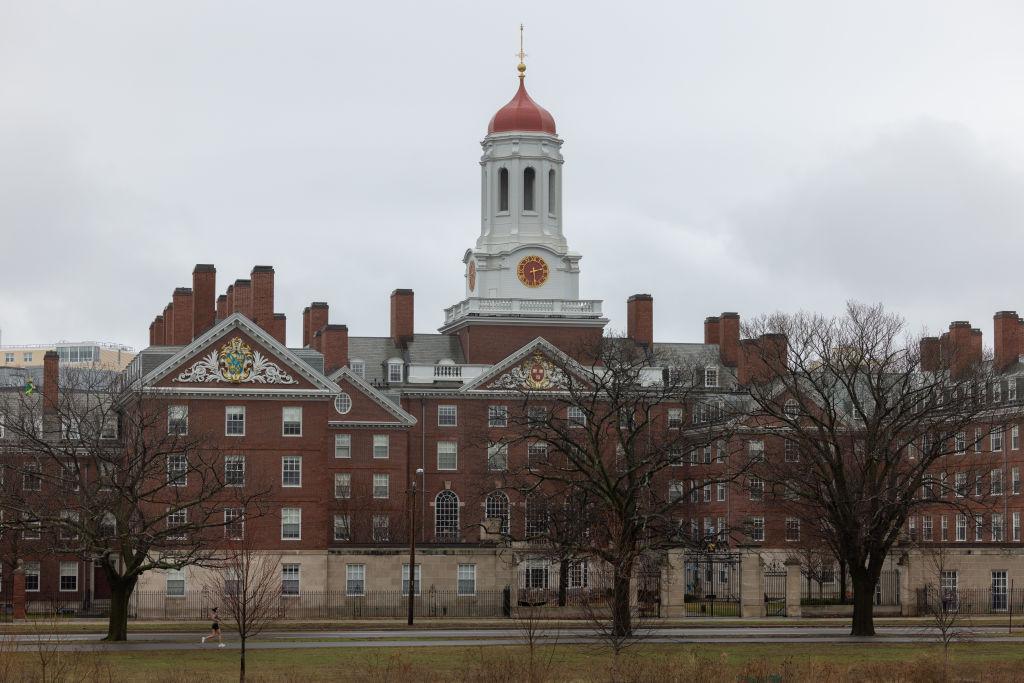
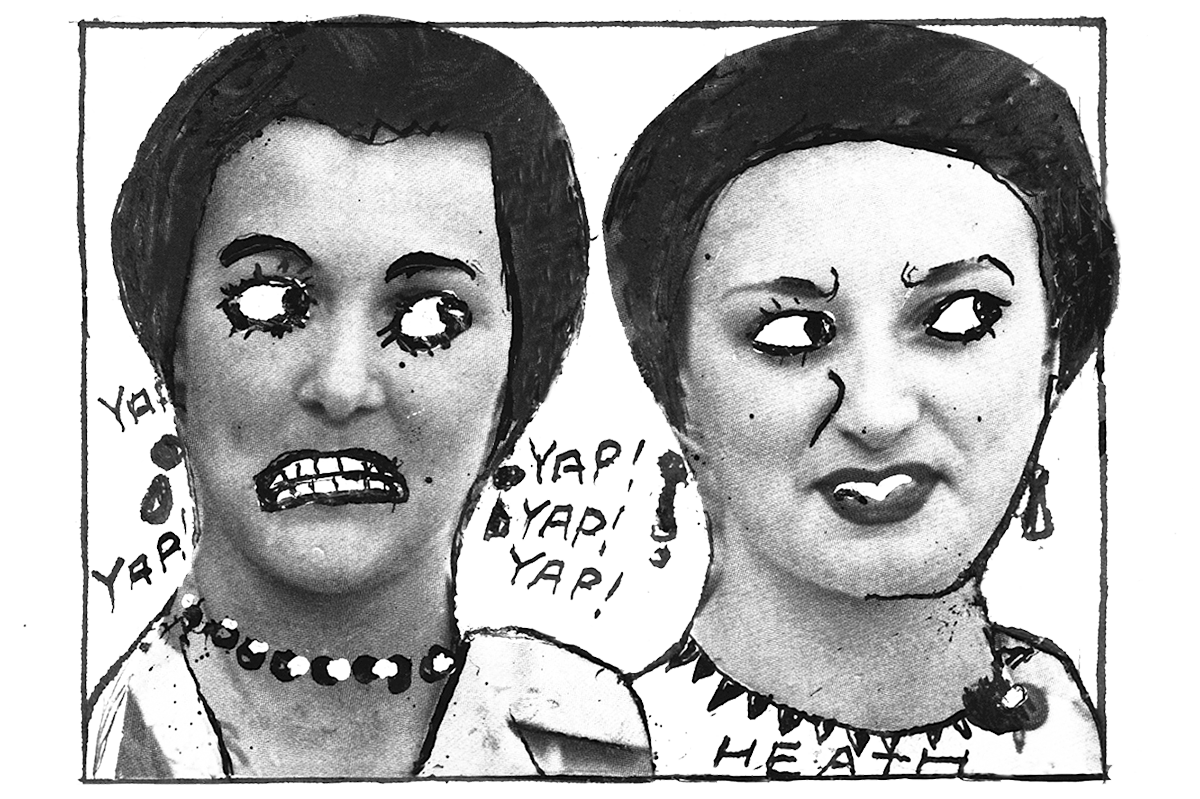

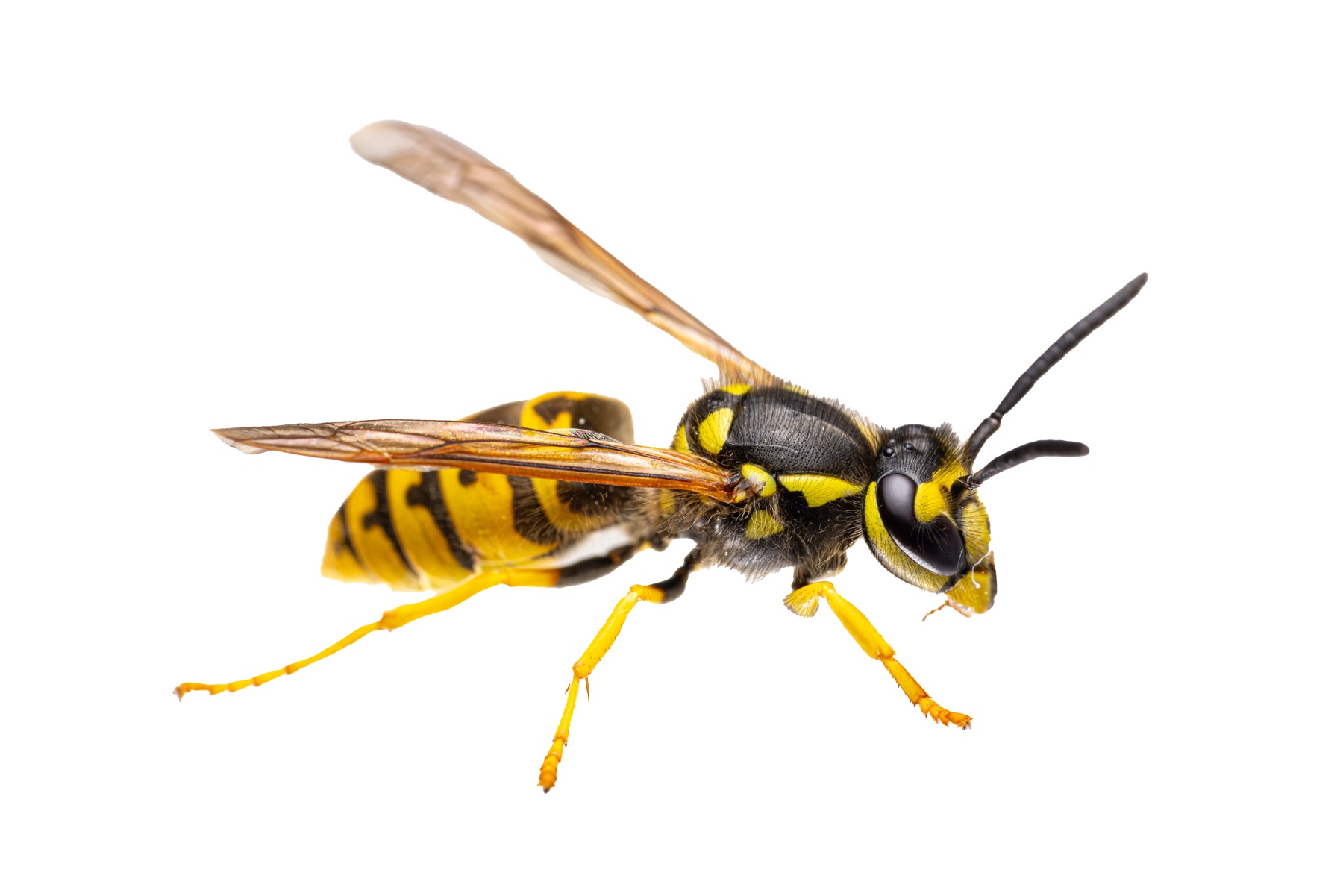
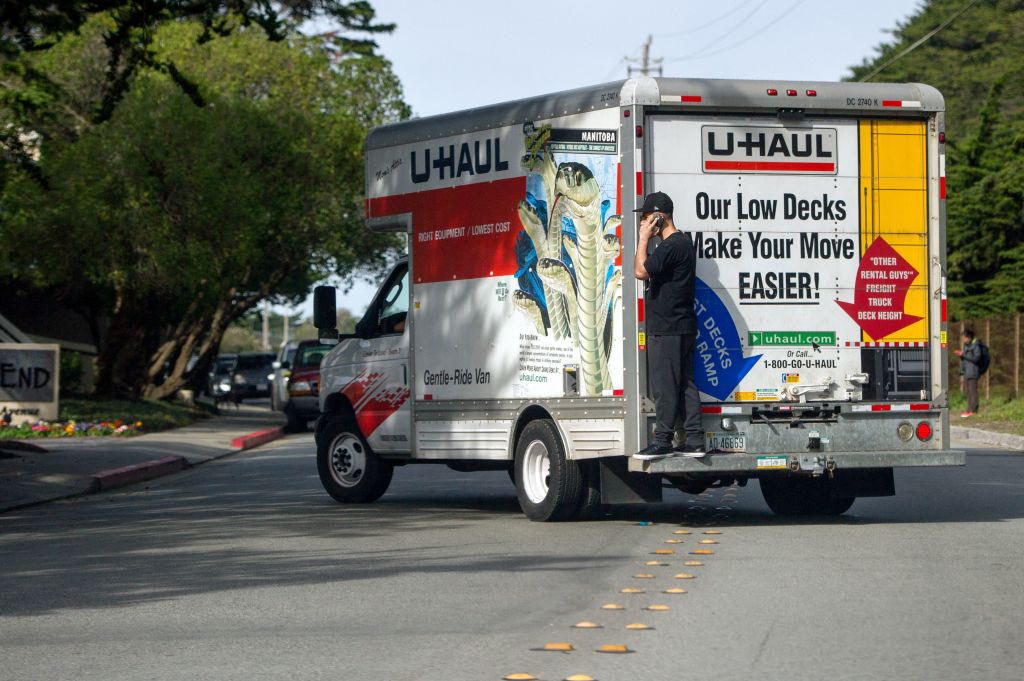







Leave a Reply